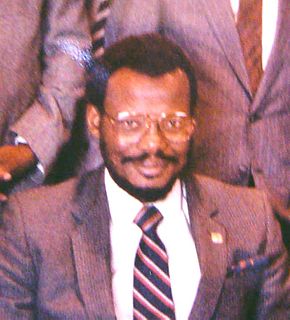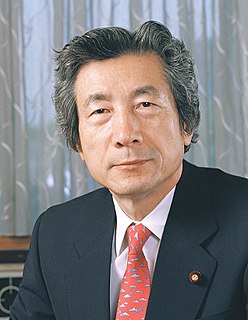A Quote by Sue Monk Kidd
History is not just facts and events. History is also a pain in the heart and we repeat history until we are able to make another's pain in the heart our own.
Related Quotes
No doubt Carlyle has a propensity to exaggerate the heroic in history, that is, he creates you an ideal hero rather than another thing.... Yet what were history if he did not exaggerate it? How comes it that history never has to wait for facts, but for a man to write it? The ages may go on forgetting the facts never so long, he can remember two for every one forgotten. The musty records of history, like the catacombs, contain the perishable remains, but only in the breast of genius are embalmed the souls of heroes.
We normally think of history as one catastrophe after another, war followed by war, outrage by outrage - almost as if history were nothing more than all the narratives of human pain, assembled in sequence. And surely this is, often enough, an adequate description. But history is also the narratives of grace, the recountings of those blessed and inexplicable moments when someone did something for someone else, saved a life, bestowed a gift, gave something beyond what was required by circumstance.
Our country has caused tremendous damage and pain to the peoples of many countries, especially Asian countries, through colonial rule and invasion. Humbly acknowledging such facts of history, I once again reflect most deeply and offer apologies from my heart as well as express my condolences to all the victims of the last major war both in and out of the country,.
There's a lot we should be able to learn from history. And yet history proves that we never do. In fact, the main lesson of history is that we never learn the lessons of history. This makes us look so stupid that few people care to read it. They'd rather not be reminded. Any good history book is mainly just a long list of mistakes, complete with names and dates. It's very embarrassing.
If, in schools, we keep teaching that history is divided into American history and Chinese history and Russian history and Australian history, we're teaching kids that they are divided into tribes. And we're failing to teach them that we also, as human beings, share problems that we need to work together with.






































